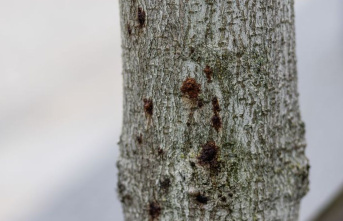An indigenous group in Indonesia has asked authorities to shut down the internet in their area to keep the virtual world out of their lives. Representatives of a Baduy subgroup that is considered to be particularly conservative announced on Friday that they had submitted an application for the redirection of signals from nearby radio masts "in order to minimize the negative impact of smartphones on our people".
The Baduy, a community of 26,000 people in the province of Banten on the island of Java, are divided into a so-called outer group that partially embraces technology and a "sacred" inner group that eschews modernity. Dubbed the "Amish of Asia," the Inner Baduy argue that nearby cellphone towers may tempt young people to use the Internet, thereby damaging their morals.
Officials in the Lebak district agreed to discuss the issue with the Indonesian Ministry of Information. "Basically, we always want to accommodate the wishes of the Baduy people and must preserve their traditions and wisdom," an official from the region told AFP. However, the Outer Baduy need the Internet for their online business. However, the authorities were concerned about tourists who might show Baduy content that was perceived as inappropriate.
The reclusive Inner Baduy have chosen to live in a 4,000 hectare forest area and reject technology, money and traditional schooling. The government declared the area a protected area in 1990. More than 1,300 ethnic groups live across the entire archipelago of Indonesia.
Internet freedom is a contentious issue in Muslim-majority Indonesia. The government requires ISPs to filter out content such as pornography and gambling, but illegal websites are still common.












